“Which bariatric vitamins do I need before and after surgery?” or “Do I need vitamins if I am losing weight without surgery?”
These are some of the most common questions for dieters and weight loss surgery patients before and after surgery. There are so many choices, so how do you know which ones to take? The answer is: it depends!
Here is a cheat sheet for the vitamin and other nutritional supplements you may need before and after weight loss surgery. When applicable, these guidelines are consistent with the latest guidelines from the American Society for Metabolic and Bariatric Surgery (ASMBS).
As always, you should check with your own doctor and healthcare team before taking any supplements.

Bariatric Vitamins Before Surgery
Before surgery, your goal is to make sure you are completely nourished. This will make surgery safer and promote healthy metabolism. Choose from patches, pills, or chewable forms – whatever is easiest for you.
You may need:
A multivitamin and mineral supplement with folic acid and vitamin B12.
An additional iron supplement (women especially).
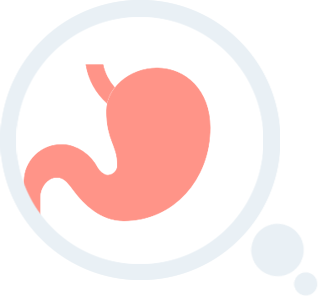
Bariatric Vitamins for Gastric Sleeve Patients
Gastric sleeve (or vertical sleeve gastrectomy) can cause nutrient deficiencies because of your restricted food intake. These are the nutrient supplements you are likely to need.
A high-dose multivitamin and mineral supplement (or take two daily doses of regular multivitamins and minerals.
A B vitamin supplement with vitamin B12, folic acid and other B vitamins.
A calcium supplement with vitamin D.
You might also want to test your blood levels of thiamin, iron, vitamin A, vitamins D, E, and K, and the minerals copper, zinc, and selenium. You may need liquids, chewable supplements or soft chews, or patches immediately post-op because swallowing can be difficult. You may be able to tolerate swallowing capsules or soft gels a few weeks after your surgery.
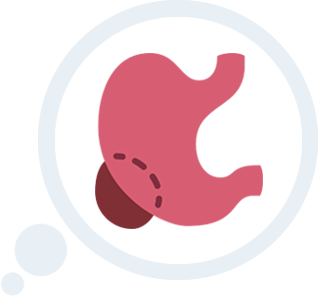
Bariatric Vitamins for Gastric Bypass Patients
Gastric bypass (or roux-en-Y gastric bypass) increases nutrient deficiency risk because it interferes with nutrient absorption AND because of your restricted food intake. These are the likely supplements you may need.
A high-dose multivitamin and mineral supplement (or take two daily doses of regular multivitamins and minerals.
A B vitamin supplement with vitamin B12, folic acid and other B vitamins.
A calcium supplement with vitamin D.
An iron supplement (with vitamin C to increase absorption).
You might also want to test your blood levels of thiamin, iron, vitamin A, vitamins D, E, and K, and the minerals copper, zinc, and selenium. You may need liquids, chewable supplements or soft chews, or patches immediately post-op because swallowing can be difficult. You may be able to tolerate swallowing capsules or soft gels a few weeks after your surgery.
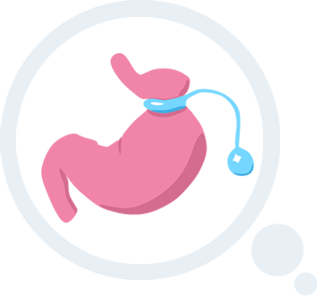
Bariatric Vitamins for Gastric Band (Lap-Band) Patients
Gastric band (or Lap-Band) does not interfere with nutrient absorption, but your nutrient intake from food can be inadequate because of your restricted diet. These are the likely supplements you may need.
A high-dose multivitamin and mineral supplement (or take two daily doses of regular multivitamins and minerals.
A calcium supplement with vitamin D.
You might also want to test your blood levels of thiamin, vitamin B12, and other B vitamins. You may need liquids, chewable supplements or soft chews, or patches immediately post-op because swallowing can be difficult. You may be able to tolerate swallowing capsules or soft gels.
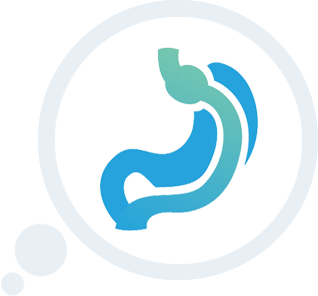
Bariatric Vitamins for Duodenal Switch Patients
Duodenal switch increases nutrient deficiency risk because it interferes with nutrient absorption AND because of your restricted food intake. These are the likely supplements you may need.
A high-dose multivitamin and mineral supplement (or take two daily doses of regular multivitamins and minerals.
A B vitamin supplement with vitamin B12, folic acid and other B vitamins.
A calcium supplement with vitamin D.
An iron supplement (with vitamin C to increase absorption).
You might also want to test your blood levels of thiamin, iron, vitamin A, vitamins D, E, and K, and the minerals copper, zinc, and selenium. You may need liquids, chewable supplements or soft chews, or patches immediately post-op because swallowing can be difficult. You may be able to tolerate swallowing capsules or soft gels a few weeks after your surgery.
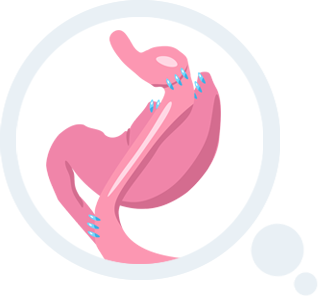
Bariatric Vitamins for Mini Gastric Bypass Patients
Mini Gastric Bypass increases nutrient deficiency risk because it interferes with nutrient absorption AND because of your restricted food intake – similarly to gastric bypass. These are the likely supplements you may need.
A high-dose multivitamin and mineral supplement (or take two daily doses of regular multivitamins and minerals.
A B vitamin supplement with vitamin B12, folic acid and other B vitamins.
A calcium supplement with vitamin D.
An iron supplement (with vitamin C to increase absorption).
You might also want to test your blood levels of thiamin, iron, vitamin A, vitamins D, E, and K, and the minerals copper, zinc, and selenium. You may need liquids, chewable supplements or soft chews, or patches immediately post-op because swallowing can be difficult. You may be able to tolerate swallowing capsules or soft gels a few weeks after your surgery.

What Vitamins Do I Need If I Didn’t Get Weight Loss Surgery?
Your nutrient absorption does not change if you do not get weight loss surgery. Still, you may need vitamin and mineral supplements because you are taking in much less food than you were before you started losing weight.
A multivitamin and mineral supplement with folic acid and vitamin B12 is a good idea for almost everyone! You might also want to ask your doctor to test your levels of iron, calcium and vitamin D, and vitamin B12 and folic acid.




































































































